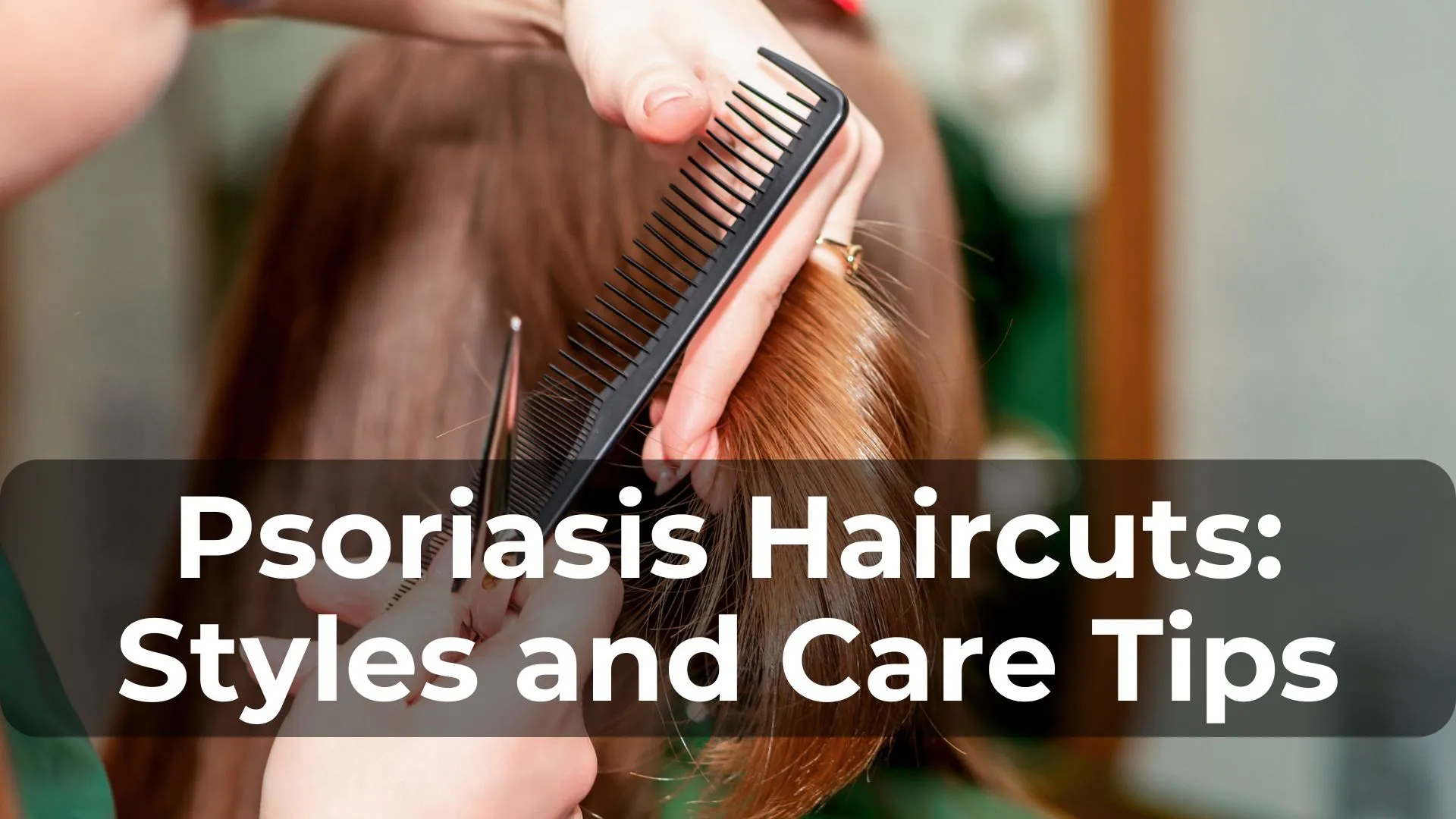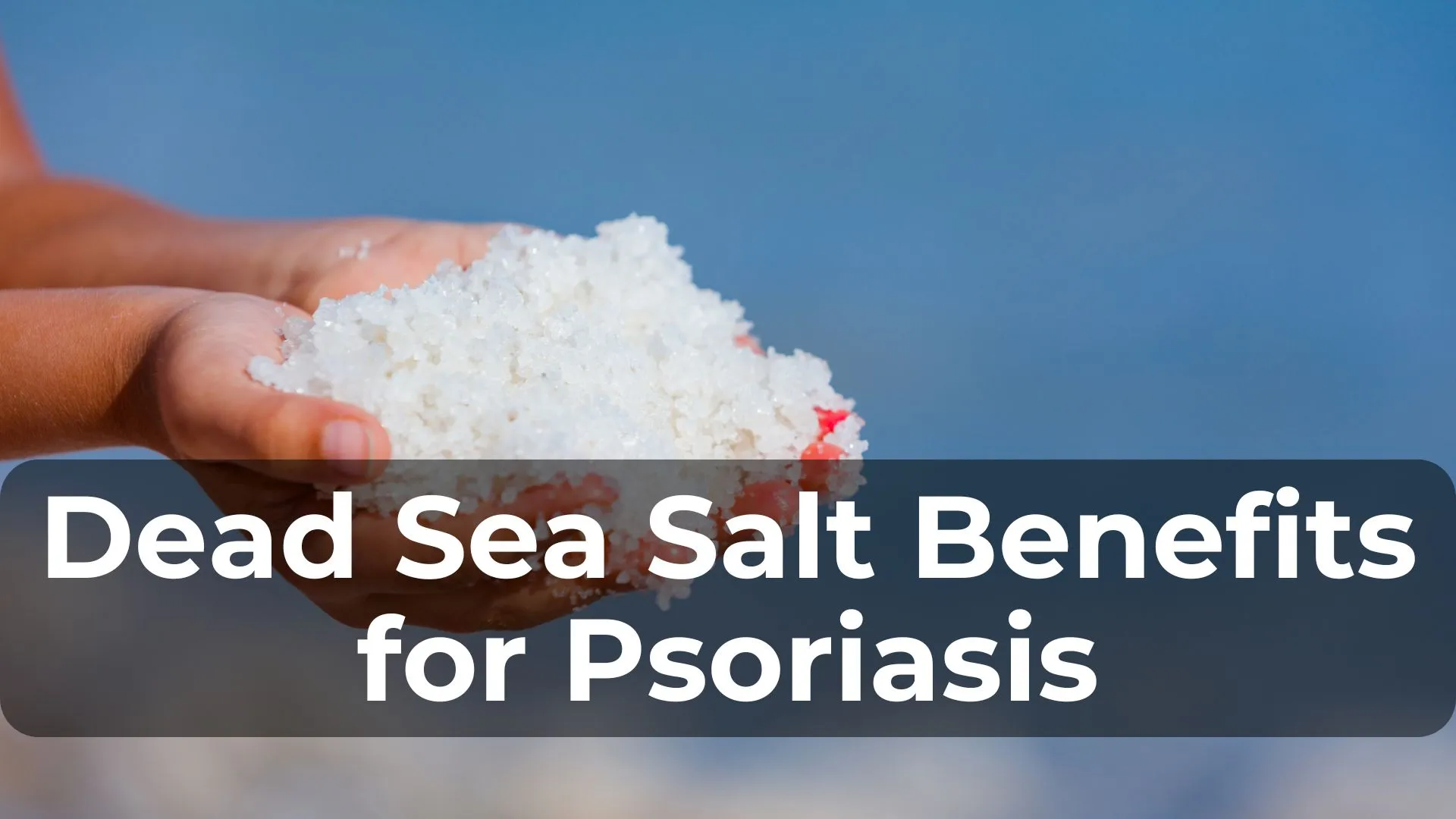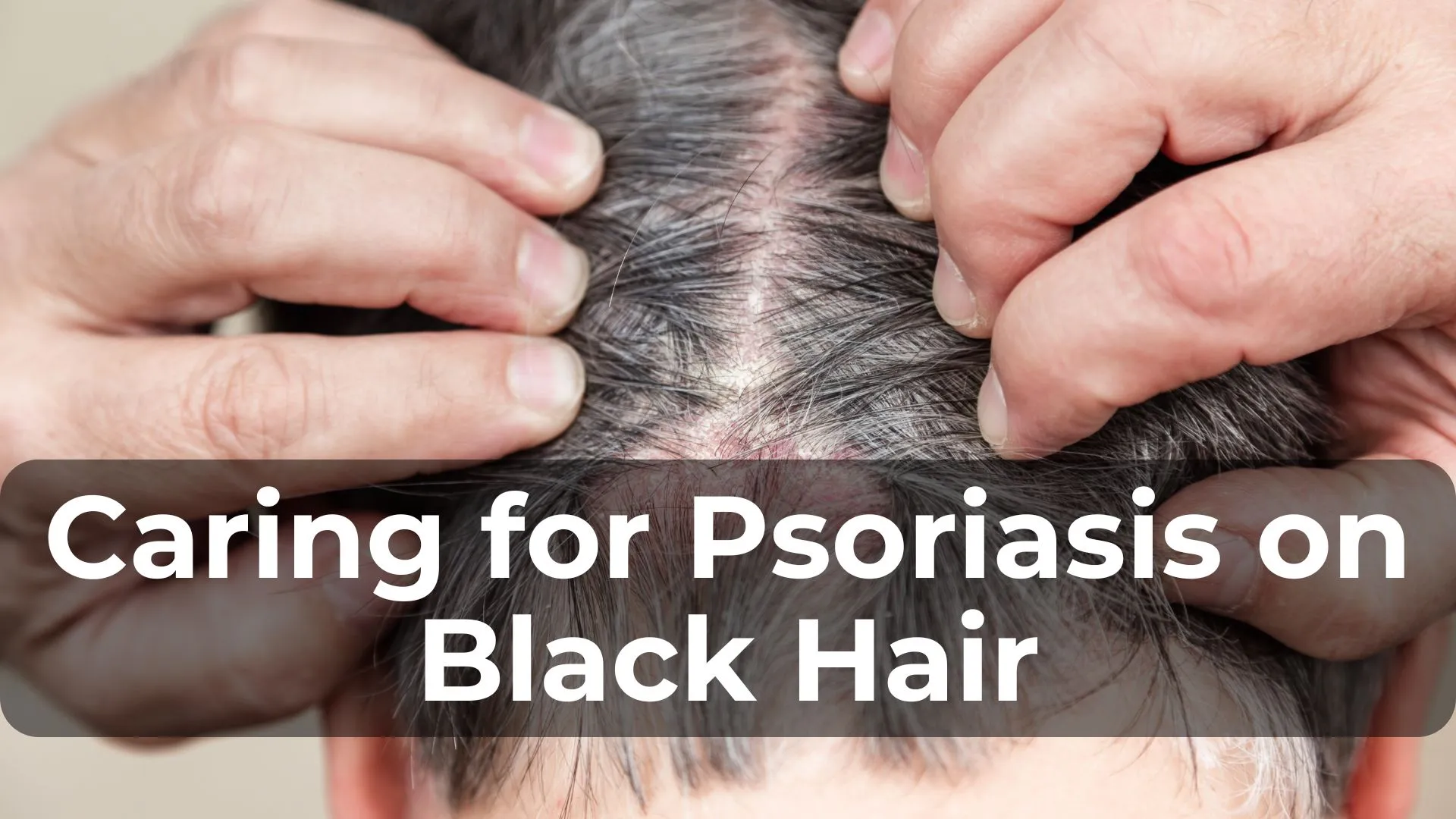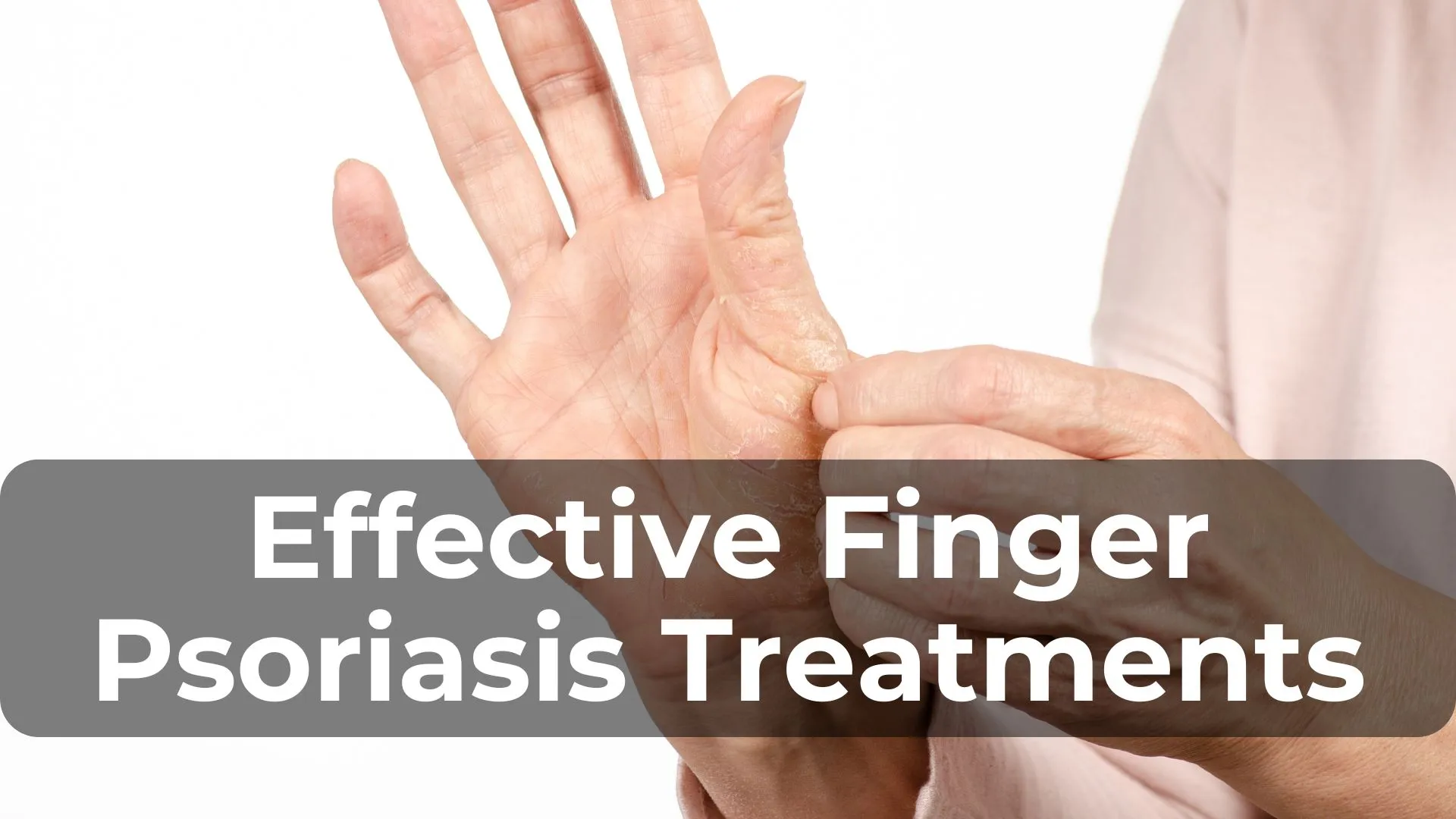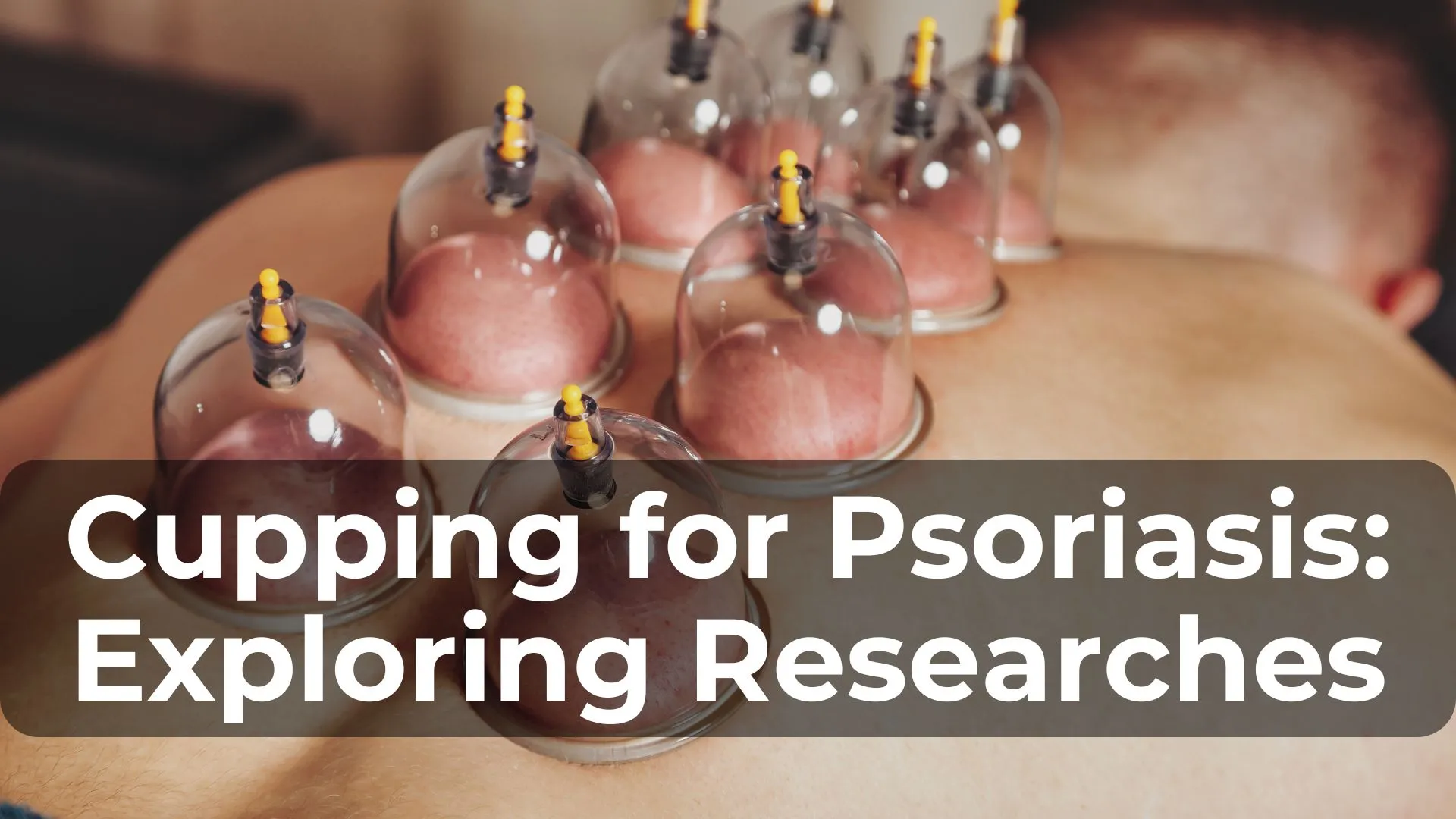
Hey there, psoriasis warriors! Have you ever felt like you’ve tried every treatment under the sun for your stubborn skin condition? Well, buckle up, because we’re about to dive alternative therapy that’s been making waves in the psoriasis community: cupping. Yep, you heard that right – those funky-looking suction cups you might see on Olympic athletes’ backs could potentially help with your psoriasis. Intrigued? Let’s explore the latest research and see what all the fuss is about!
Table of Contents
ToggleWhat the Heck is Cupping, Anyway?
Before we jump into the nitty-gritty of cupping for psoriasis, let’s take a quick detour to understand what cupping actually is. Picture this: you’re at a spa, lying face down on a massage table. Instead of feeling hands kneading your muscles, you feel small cups being placed on your skin. Suddenly, there’s a sucking sensation as the air is removed from the cups. Sounds a bit bizarre, right?
Cupping is an ancient healing practice that’s been used in traditional Chinese medicine for thousands of years. The idea is that by creating suction on the skin, it increases blood flow, promotes healing, and helps remove toxins from the body. It’s like giving your skin a mini vacuum massage!
The Psoriasis-Cupping Connection: What’s the Deal?
Now, you might be wondering, “What does this have to do with my psoriasis?” Great cupping isn’t a mainstream treatment for psoriasis (yet), some researchers and practitioners are exploring its potential benefits. Let’s break down the latest findings:
#1 Boosting Blood Flow
One of the main theories behind cupping for psoriasis is that it can improve blood circulation to affected areas. Think of your blood vessels like highways in your body. Sometimes, there can be traffic jams that slow down the delivery of nutrients and removal of waste. Cupping might help clear these traffic jams, allowing for better healing and reduced inflammation.
#2 Reducing Inflammation
Speaking of inflammation, that’s a big deal when it comes to psoriasis, right? Some studies suggest that cupping might help reduce inflammatory markers in the body. It’s like in a peacekeeping force to calm down the overactive immune response in your skin.
#3 Stress Relief
We all know stress can be a major trigger for psoriasis flare-ups. Here’s where cupping might offer an unexpected benefit. Many people find cupping to be incredibly relaxing – it’s like a tissue massage without the intense pressure. By helping you chill out, cupping could indirectly help manage your psoriasis symptoms.
#4 Toxin Removal
Remember how I mentioned that cupping is thought to help remove toxins from the body? While the jury’s still out on whether this actually happens, the theory is that by drawing blood to the surface of the skin, cupping helps your body flush out harmful substances more effectively. Think of it as giving your skin a deep clean from the inside out.
The Research: What Do the Studies Say?
Now, I know what you’re thinking. “This all sounds great, but where’s the proof?” You’re absolutely right to ask that question all, we psoriasis patients have heard plenty cure claims over the years, haven’t we?
The truth is, research on cupping specifically for psoriasis is still in its early stages. However, there are a few studies that have shown promising results:
- A 2015 study published in the Journal of Traditional Chinese Medical Sciences found that cupping therapy combined with medication more effective in treating psoriasis than medication alone.
- Another study from 2018 in the Journal of Alternative and Complementary Medicine reported that cupping therapy helped reduce psoriasis symptoms and improve quality of life for participants.
- A review of multiple studies published in 2019 in the Journal of Clinical Medicine concluded that cupping might be beneficial for various skin conditions, including psoriasis, thoughd.
It’s important to note that while these results are encouraging, we need larger, more rigorous studies to fully understand the effects of cupping on psoriasis. So, let’s keep our excitement in check and our minds open, shall we?
Is Cupping Right for You?
Now that we’ve explored the potential benefits and current research, you might be wondering if you should give cupping a try. Here are a few things to consider:
Pros:
- Non-invasive and generally safe when performed by a trained professional
- May provide stress relief and relaxation
- Could potentially improve ps
- Might be a good complementary therapy to your current treatment plan
Cons:
- Can cause temporary bruising or marks on the skin
- May not be suitable for everyone, especially those with certain health conditions
- Limited scientific evidence specifically for psoriasis treatment
- Not typically covered by insurance
The Bottom Line: Should You Try Cupping for Your Psoriasis?
Look, I’m not here to tell you whether or not to try cupping for your psoriasis. That’s a decision you’ll need to make with your healthcare provider. What I can tell you is that while the research is still in its early stages, cupping shows some promise as a complementary therapy for psoriasis.
If you’re curious about giving it a shot, here’s what I’d suggest:
1 to your dermatologist or healthcare provider first. They can help you weigh the potential risks and benefits based on your individual situation.
- If you decide to try it, find a licensed and experienced practitioner. isn’t something you want to DIY, folks!
- Start with a single session and see how your skin reacts. Everyone’s different, and what works for one person might not work for another.
- Keep your expectations realistic. Cupping isn’t likely to be a miracle cure, but it might be a helpful to your psoriasis management toolkit.
- Don’t ditch your current treatments. If cupping helps, great! But it’s not a replacement for proven psoriasis therapies.
Remember, managing psoriasis is often about finding the right combination of treatments that work for you. Cupping might be another tool in your arsenal, or it might not be your cup of tea (pun intended). The important thing is to stay informed, keep an open mind, and never stop advocating for your health.
So, what do you think? Are you intrigued by the idea of cupping for psoriasis? Have you tried it before? Share your thoughts and experiences in the comments below. Who knows – your story might just help another psoriasis warrior on their healing journey!


